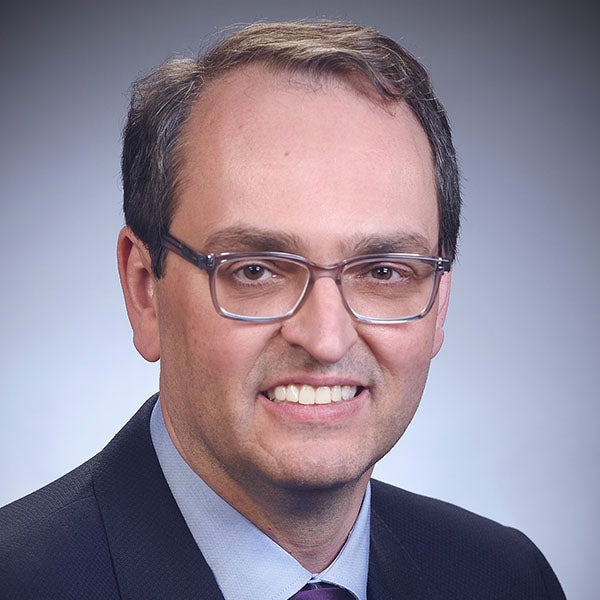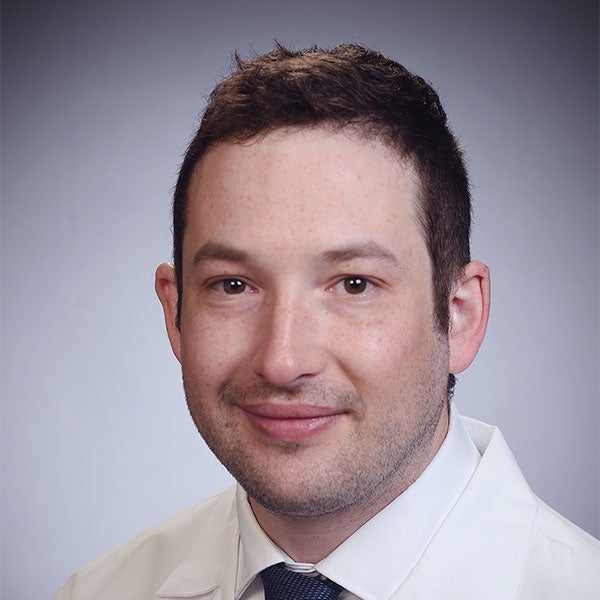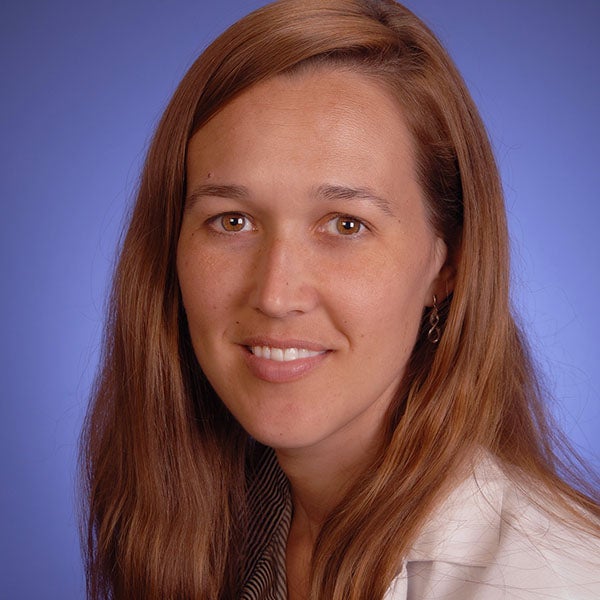Comprehensive Hernia Center

Overview and Mission
The Saint Francis Hospital Comprehensive Hernia Center offers patient-centered care for the evaluation and management of simple and complex hernia disease. Our multidisciplinary team of fellowship-trained hernia surgeons, critical care surgeons, and metabolic and bariatric surgeons, as well as cardiologists, pulmonologist, endocrinologists, wound care specialists, and plastic surgeons help ensure that patients receive the safe, timely, and comprehensive care.
The Saint Francis Hospital Comprehensive Hernia Center provides cutting-edge, evidence-based hernia management and abdominal core health through excellent patient-centered care, focused education and training, and applicable clinical research.
Why Choose the Comprehensive Hernia Center?
Our Colleagues
Our collaborative team of surgeons and specialists provide patient-centered care and peace of mind by offering an understandable explanation of all hernia diagnoses and their impact on overall health and recovery. Once properly diagnosed, our team details all available medical and surgical options for abdominal core health and hernia management.
Our Patient-Centered Care and Satisfaction
Our Center aims to ensure the best possible outcomes with the highest level of patient satisfaction because patient safety and quality outcomes are paramount to improving abdominal core health, but so too is patient satisfaction.
Our experts conduct quality assurance conferences to assess best practices and innovate responsibly.
Our facility offers renewed and well-appointed private rooms to patients following hernia repairs requiring hospitalization. Our hospital offers one of only three American College of Surgeons-verified Level I Trauma Centers in Connecticut, should a higher level of acute and critical care be vital.
Our Availability and Accessibility
Our multidisciplinary team of surgeons and specialists provide both elective and emergency repair of all hernia types, including complex abdominal wall issues involving other organs, 24-hours a day.
Our Comprehensive Hernia Center prioritizes patients suffering with hernia disease, so outpatient appointments are made available in a timely fashion based on patient condition and hernia severity.
Conditions Treated
- Athletic pubalgia (“sports” hernia)
- Chest wall hernia
- Chronic groin pain
- Diaphragmatic hernia
- Diastasis recti
- Groin (inguinal) hernia
- Hiatal hernia
- Incisional hernia
- Panniculitis (inflamed excess skin/fat)
- Parastomal (paracolostomy) hernia
- Paraesophageal hernia
- Umbilical hernia
- Ventral hernia
Treatment Options and Recovery
Open Repair
The patient and surgeon may elect for an open approach – when an incision in the skin is made to gain access to the abdominal cavity – based on patient and hernia factors assessed and discussed preoperatively.
An open approach may lengthen hospital length of stay and recovery depending on patient and hernia factors.
An open approach can facilitate cosmetic reconstruction or rejuvenation of the abdominal wall.
Minimally Invasive Repair
The patient and surgeon may elect for a minimally invasive (laparoscopic) approach – when multiple small incisions in the skin are made to gain access to the abdominal cavity – based on patient and hernia factors assessed and discussed preoperatively.
A minimally invasive approach requires inflation of the abdominal cavity with carbon dioxide gas and special instruments to facilitate hernia repair.
A minimally invasive approach may lengthen operative time for more complex hernia repair.
A minimally invasive approach may shorten hospital length of stay and recovery depending on patient and hernia factors.
Robotic Repair
The patient and surgeon may elect for a minimally invasive (robotic) approach – when multiple small incisions in the skin are made to gain access to the abdominal cavity – based on patient and hernia factors assessed and discussed preoperatively.
A robotic approach requires inflation of the abdominal cavity with carbon dioxide gas and a human-controlled robotic surgical platform to facilitate hernia repair.
A robotic approach may lengthen operative time for more complex hernia repair.
A robotic approach may shorten hospital length of stay, decrease postoperative pain, and speed up recovery depending on patient and hernia factors.
Abdominal Wall Reconstruction
The patient and surgeon may elect for an abdominal wall reconstruction – when one or more incisions in the skin are made to gain access to the abdominal cavity – based on patient and hernia factors assessed and discussed preoperatively.
Abdominal wall reconstruction may be performed using an open approach, robotic approach, or a combination of the two.
A robotic approach to abdominal wall reconstruction may shorten hospital length of stay and recovery depending on patient and hernia factors.
Abdominal wall reconstruction may include body contouring and/or removal of excess tissue from the abdominal wall for improved function and appearance.
Cosmetic Procedures
The patient and surgeon may elect for cosmetic procedures at the time of hernia repair, or later.
Cosmetic procedures may be performed using an open or robotic approach, which can impact appearance, hospital length of stay, and recovery depending on patient and cosmetic factors.
Cosmetic procedures may include body contouring, abdominoplasty (tummy tuck), panniculectomy (removal of excess skin and fat), skin grafting, and tissue rearrangement.




